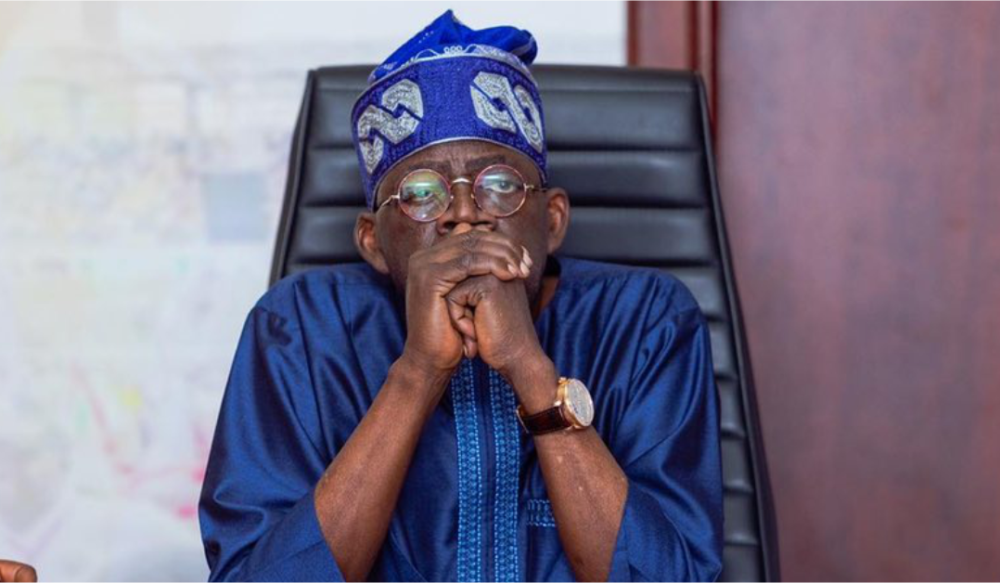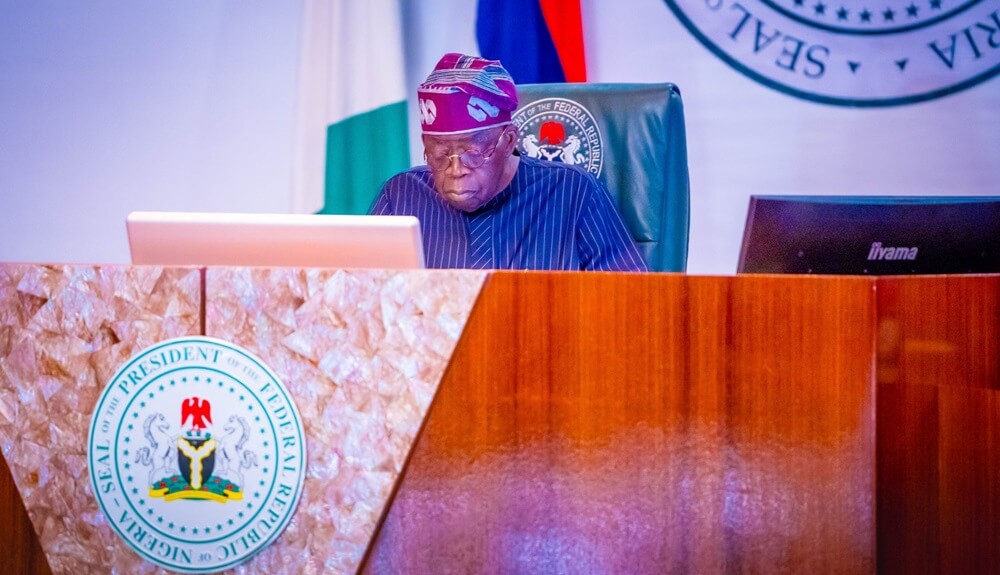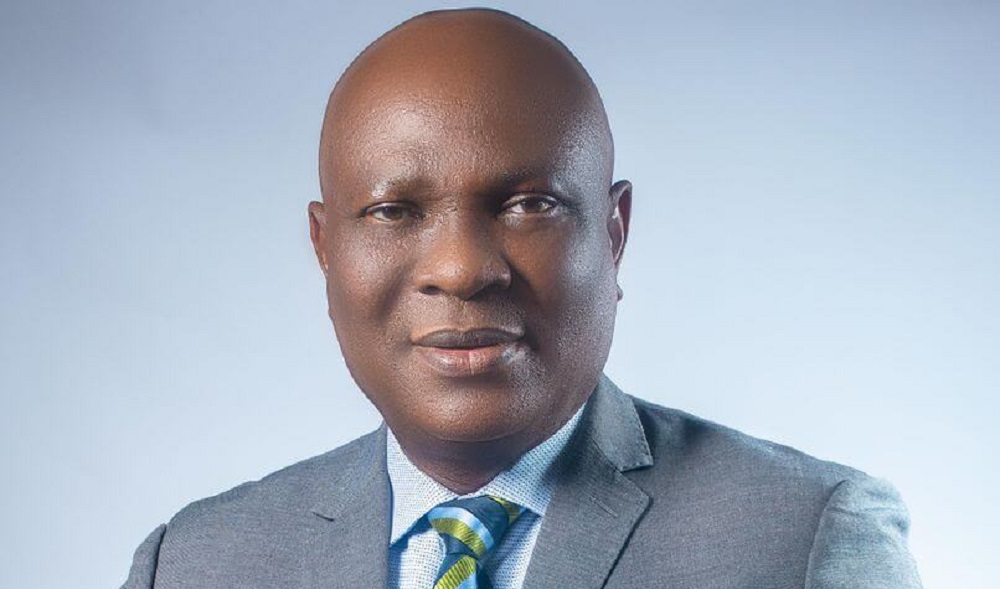Chatham House Lead Researcher Explains Why Tinubu Is Not Fighting Corruption

President Bola Tinubu’s campaign manifesto mentioned corruption only five times, Dr. Leena Koni Hoffmann, an associate fellow of the Africa Programme at Chatham House and the lead researcher for the programme’s Social Norms and Accountable Governance (SNAG) project, has revealed.
He said the lack of prioritizing the fight against corruption as reflected in the president’s manifesto explains why there is no clear cut strategy or focus to fight the scourge.
Hoffmann, the author of “Taking Action Against Corruption in Nigeria: Empowering Anti-Corruption Role Models and Coalitions to Change Social Norms,” a new report by Chatham House, made this known in an exclusive interview with THE WHISTLER.
She noted that Tinubu has yet to outline a clear and comprehensive anti-corruption strategy for his administration.
Nigeria currently ranks 140 out of 180 on Transparency International’s Corruption Perception Index (CPI), reflecting persistent governance challenges.
Hoffmann described the country’s consistently poor ranking as a result of weak accountability mechanisms, inconsistent implementation of anti-corruption reforms, and widespread public distrust in institutions.
“Nigeria’s ranking on Transparency International’s CPI has been poor for many years – it has only marginally improved on a few occasions in the past decade.
“Such a consistently poor ranking is a reflection of the inconsistent implementation of anti-corruption reforms, weak culture and mechanisms of accountability as well as how people perceive and experience institutions in Nigeria,” Hoffmann told THE WHISTLER.
She acknowledged that Tinubu has, at times, recognised corruption’s negative impact, citing a speech delivered on his behalf by Vice President Kashim Shettima.
However, she pointed out that Tinubu’s campaign manifesto lacked substantial focus on anti-corruption efforts.
Hoffmann further explained how corruption could undermine Tinubu’s key economic reforms, including tax policies, which his administration has prioritised.
“I note in the report that President Tinubu has acknowledged in a speech delivered by VP Shettima the negative effects of corruption, however, their campaign manifesto mentioned corruption only around 5 times and he is yet to articulate a coherent and comprehensive anti-corruption approach that will be implemented by his administration.
“In the report I discuss how corruption can undermine the effectiveness, efficiency and impact economic reforms his administration (including tax reform) says it is prioritising,” she said.
The Chatham House report, launched last week, revealed that at least 60 per cent of Nigerians distrust Tinubu, reflecting widespread dissatisfaction with governance.
The study, which cited a survey conducted in collaboration with Nigeria’s National Bureau of Statistics (NBS), highlighted increasing skepticism toward political institutions, particularly the presidency, federal government, judiciary, and police.
The survey, which polled 6,400 households across multiple states, including Adamawa, Benue, Enugu, Kano, Lagos, Rivers and Sokoto States, as well as the Federal Capital Territory, Abuja, found that trust in the government remains alarmingly low, with the police ranking as the most distrusted institution at 71 percent.
The judiciary followed closely, with 61 percent of respondents expressing a lack of confidence, while the federal government came fourth with about 58 percent of respondents saying they distrust this tier of government.
Chatham House Lead Researcher Explains Why Tinubu Is Not Fighting Corruption is first published on The Whistler Newspaper



